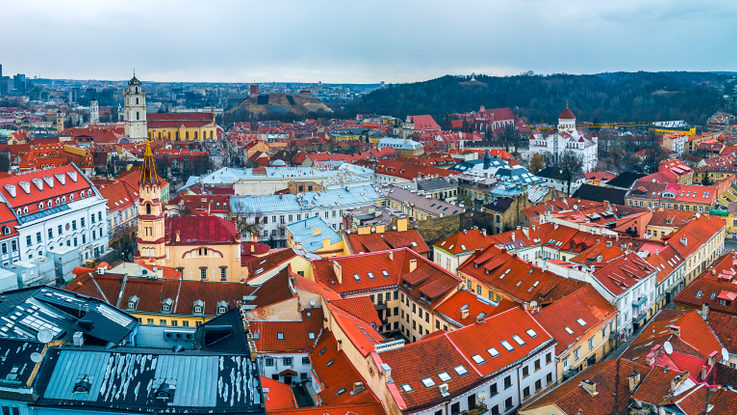
Bloomberg Philanthropies recently announced the winning cities of its 2021-2022 Global Mayors Challenge. The 15 winners were chosen for designing the most ambitious urban innovations to emerge from the global COVID-19 pandemic. The winners were selected based on four criteria: vision; potential for impact; feasibility; and transferability. Each city will be awarded $1M, along with technical support and coaching over the next three years to bring their ideas.
“As the world works to address the profound public health and economic effects of the ongoing pandemic, cities can implement innovative ideas at a pace that national governments simply can’t match,” said Michael R. Bloomberg, founder of Bloomberg L.P. and Bloomberg Philanthropies. “Our 15 winners offer bold, achievable plans to improve health, reduce unemployment, empower women, and more. Collectively, they have the potential to improve millions of their residents’ lives – and the most successful solutions will inspire cities around the world to embrace them.”
The 15 winning projects are:
- Freetown, Sierra Leone – using digital technologies to create a new digital marketplace supporting tree maintenance and the urban canopy;
- Kigali, Rwanda – introducing a smart waste system that improves sanitation and water quality in the city;
- Kumasi, Ghana – addressing the dual problems of waste management and youth unemployment by training young people to install toilets;
- Butuan, Philippines – providing a new agri-business model to local farmers to strengthen local food production;
- Rourkela, India – providing cold-storage units to women’s co-ops to empower female food vendors, reduce food waste, and increase access to fresh foods;
- Wellington, New Zealand – creating a virtual twin of the city that helps residents to better understand climate change impacts and promote resident action;
- Istanbul, Turkey – encouraging city-wide mutual aid through a program that crowdsources contributions to meet basic needs for those in need;
- Rotterdam, Netherlands – using digital tokens to create incentives for local businesses to hire vulnerable residents;
- Vilnius, Lithuania – creating more resilient K-12 education models, sch as those that tap the “city as a classroom”;
- Bogota, Colombia – creating “care blocks” that support female caretakers, move more of the care burden to men, and shift more unpaid care work to being paid;
- Amman, Jordan – mapping available public assets and service infrastructure to improve the city’s emergency response and infrastructure investments;
- Hermosillo, Mexico – creating eco-friendly employment opportunities that benefit both the environment and underemployed women;
- Paterson, New Jersey – responding to residents struggling with Opioid Use Disorder by fulfilling requests for lifesaving medication within 90 minutes through a coordinated effort among police, first responders, hospitals, and pharmacies;
- Rochester, Minnesota – bringing more women of color into high-paying construction jobs by coordinating with contractors and facilitating training; and
- Phoenix, Arizona – creating mobile units that provide job seekers access to resources, training, and opportunities, thus increasing inclusivity.